BMW Car Shock Absorbers
BMW Car Shock Absorbers Specification
- Material
- Steel
- Model No
- 2018
- Warranty
- 1 yers
- Color
- Black
- Product Type
- BMW Car Shock Absorbers
- Finish
- Good
- For Use In
- Automobile Industry
- Working Life
- 5 yers
BMW Car Shock Absorbers Trade Information
- Minimum Order Quantity
- 40 Sets
- Payment Terms
- Cash Against Delivery (CAD), Cash on Delivery (COD), Cash Advance (CA), Cash in Advance (CID), Cheque, Delivery Point (DP)
- Supply Ability
- 1000 Sets Per Day
- Delivery Time
- 1 Days
- Packaging Details
- cardboard box and cover with sack
- Main Domestic Market
- All India
About BMW Car Shock Absorbers
BMW cars are known for their performance and driving dynamics, and the shock absorbers play a crucial role in providing that signature ride quality. Here�s a brief overview of BMW shock absorbers:
1. Functionality:
- Shock Absorbers: They are part of the suspension system, responsible for controlling the impact and rebound movement of the vehicle's springs and suspension. This ensures a smooth ride and maintains tire contact with the road.
2. Types of Shock Absorbers:
- Standard Shock Absorbers: These are the basic type of shock absorbers found in most BMW models. They offer a balance between comfort and handling.
- Adaptive/M-Sport Shock Absorbers: Found in performance-oriented BMW models or as part of an upgrade package. These shocks can adjust their stiffness based on driving conditions, providing better handling or comfort as needed.
- Air Suspensions: Some higher-end BMW models, like the 7 Series or X5, may come equipped with air suspension systems that include air-filled shock absorbers, allowing for adjustments in ride height and comfort.
3. Aftermarket vs. OEM:
- OEM (Original Equipment Manufacturer): BMW�s original parts are designed to meet the manufacturer�s specifications and offer a driving experience consistent with what the car was designed for.
- Aftermarket: These are third-party shock absorbers that may offer different performance characteristics, often at a lower price. Brands like Bilstein, Koni, and Monroe are popular choices.
4. Maintenance and Replacement:
- Signs of Wear: Common indicators that your BMW�s shock absorbers may need replacement include excessive bouncing, uneven tire wear, or a rougher ride than usual.
- Replacement Intervals: Typically, shock absorbers can last anywhere from 50,000 to 100,000 miles, but this can vary depending on driving conditions and habits.
5. Performance Upgrades:
- Sport and Performance Shocks: BMW enthusiasts often upgrade to sport shocks or coilovers to improve handling, particularly for track use or spirited driving.unique Mptor,


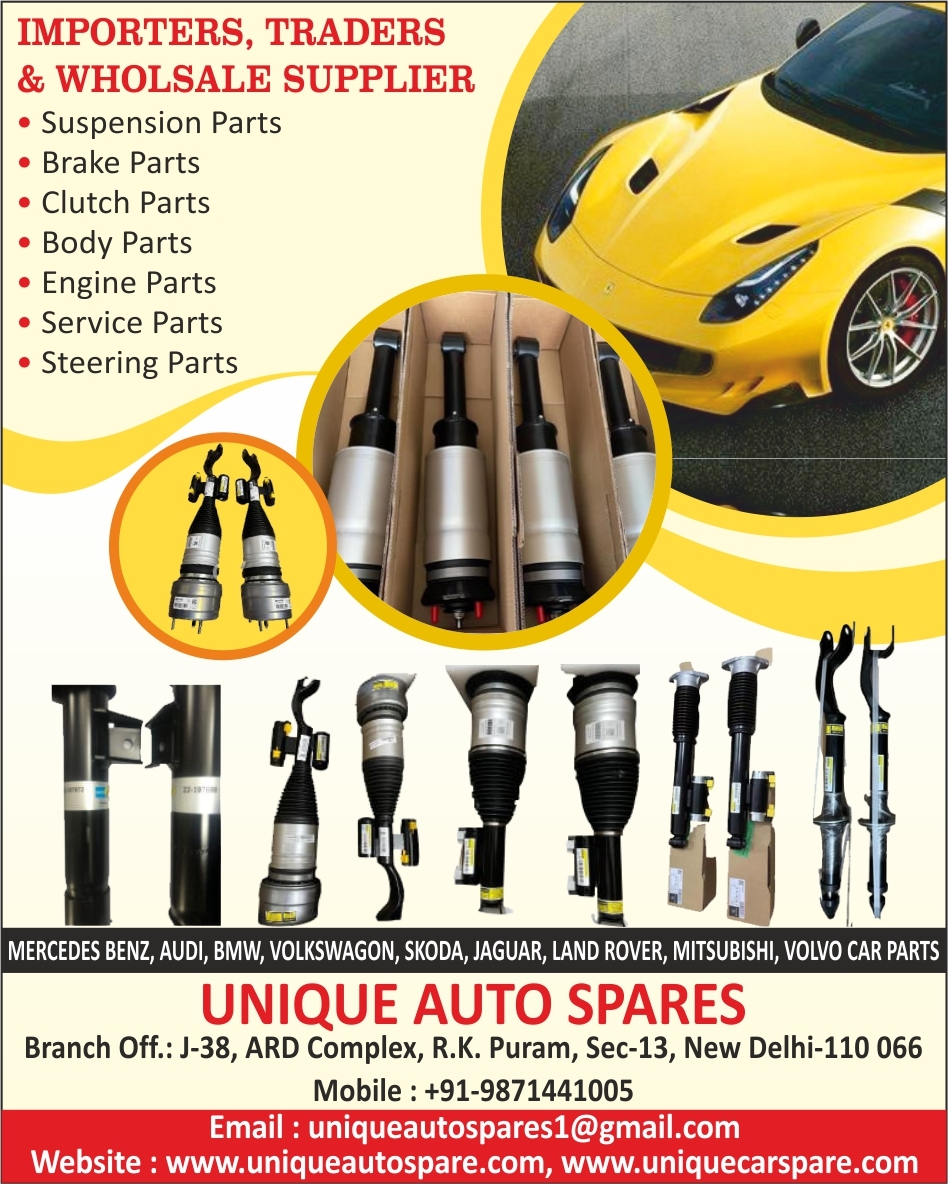
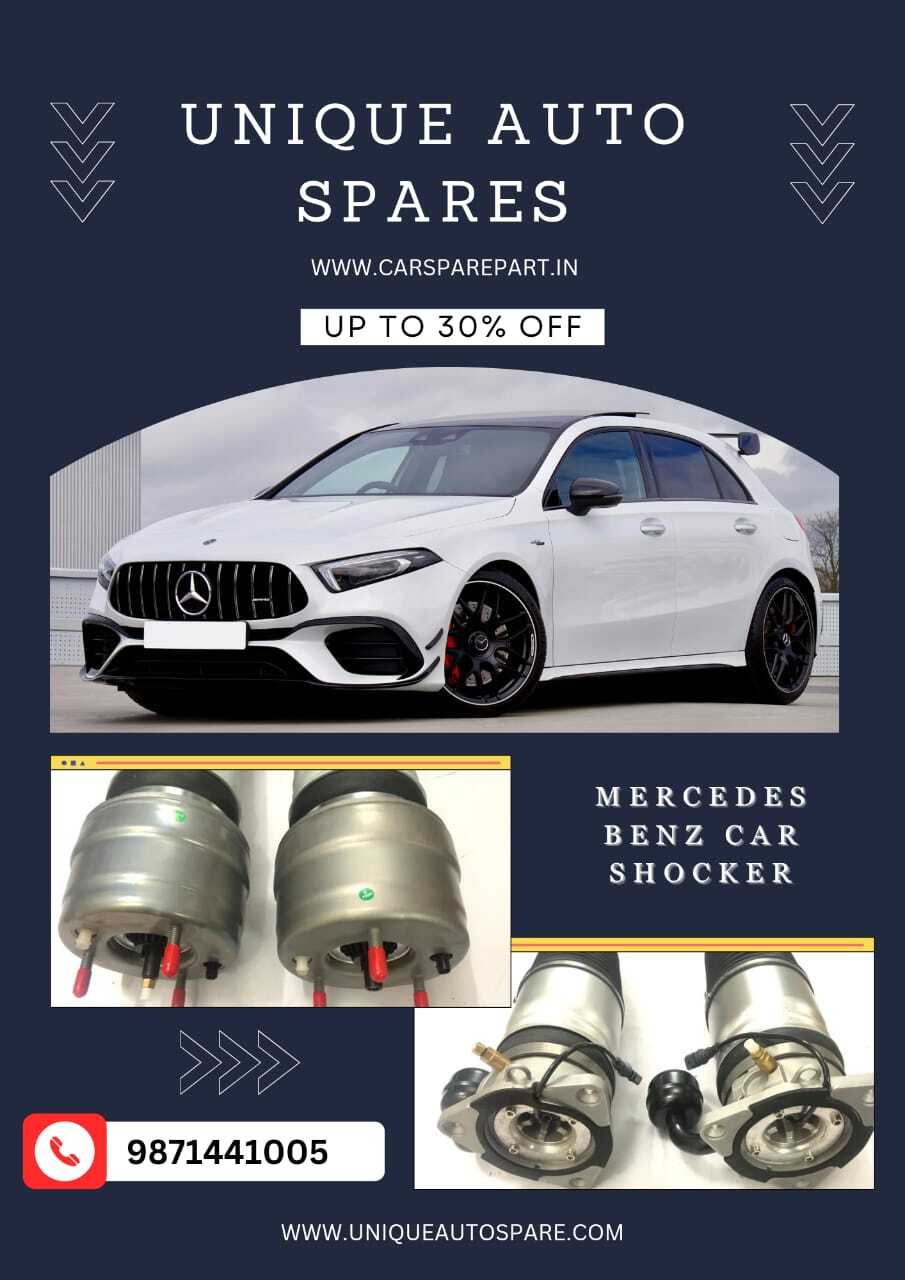


- Minimum Order Quantity
- 40 Sets
- Supply Ability
- 1000 Sets Per Day
- Delivery Time
- 1 Days
- Main Domestic Market
- All India

Price:
- 50
- 100
- 200
- 250
- 500
- 1000+
More Products in BMW Car Parts Dealer Category
BMW 525d Brake Booster - Brake Servo for BMW Car
Minimum Order Quantity : 1 Piece
Weight : Approx. 3.4 kg
Model No : 525d Brake Booster
Product Type : BMW 525d Brake Booster Brake Servo for BMW Car
Color : Black/Silver
Dimension (L*W*H) : Approx. 28cm x 28cm x 15cm
BMW X5 imported parts
Minimum Order Quantity : 1 Piece
Weight : 2.5 Kilograms (kg)
Model No : 54654651
Product Type : BMW X5 imported parts
Color : Black
Dimension (L*W*H) : 1*1*1 Foot (ft)
Genuine Parts for BMW Car
Minimum Order Quantity : 1 Piece
Weight : 5 Kilograms (kg)
Model No : 56467964
Product Type : Genuine parts for BMW car part
Color : Silver
Dimension (L*W*H) : 5*5*5 Foot (ft)
Inter Cooler BMW - BMW 5 Series Inter Cooler
Minimum Order Quantity : 1 Piece
Weight : 5 Kilograms (kg)
Model No : 548767566
Product Type : Inter Cooler BMW BMW 5 Series Inter Cooler
Color : Silver
Dimension (L*W*H) : 5*5*5 Foot (ft)


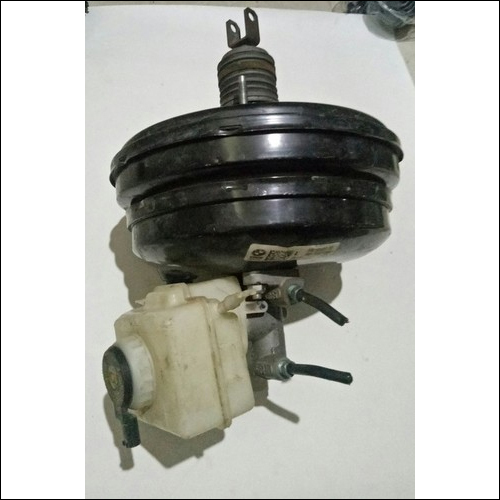
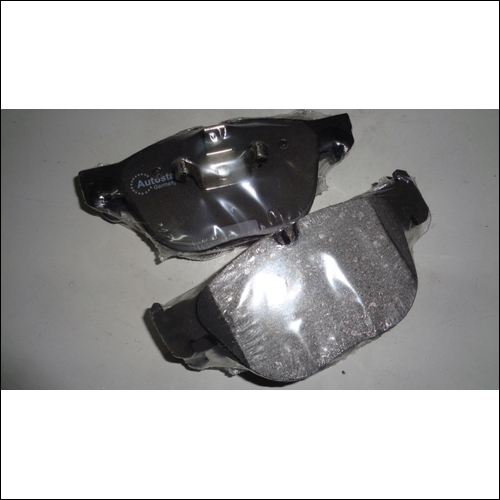
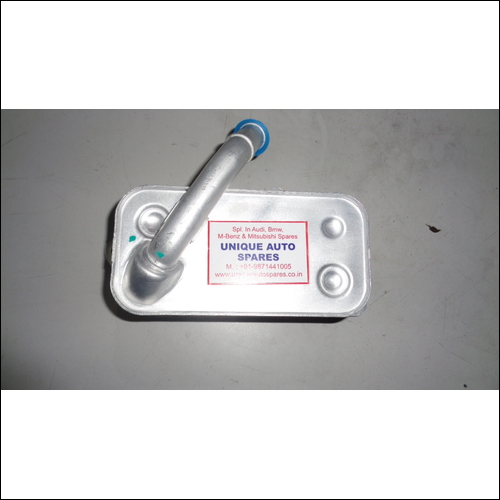

 Send Inquiry
Send Inquiry Send SMS
Send SMS
